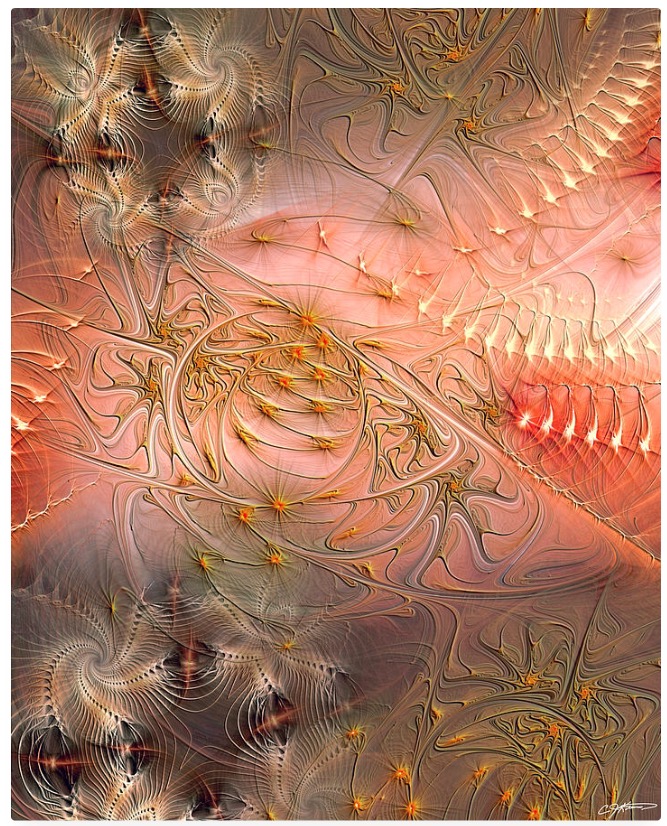Wouldn’t you like to expose your newer readers to some of your earlier posts that they might never have seen? Or remind your long term followers of posts that they might not remember? Each Friday I will publish a post I wrote on this exact date in a previous year.
How about you? Why don’t you reach back into your own archives and highlight a post that you wrote on this very date in a previous year? You can repost your Flashback Friday post on your blog and pingback to this post. Or you can just write a comment below with a link to the post you selected.
If you’ve been blogging for less than a year, go ahead and choose a post that you previously published on this day (8th) of any month within the past year and link to that post in a comment.
This was originally posted on September 8, 2017.
When I Die, You Will Cease to Exist

I am not a solipsist.
I am not a what? What the hell is a solipsist?
According to the Internet Encyclopedia of Philosophy, solipsism is a doctrine that says, in principle, my existence is only that which I experience — physical objects, other people, events, and processes — anything that would commonly be regarded as a constituent of the space and time in which I coexist with others and is necessarily construed by me as part of the content of my consciousness.
For the solipsist, it is not merely the case that he believes that his thoughts, experiences, and emotions are the only thoughts, experiences, and emotions. Rather, the solipsist can attach no meaning to the supposition that there could be thoughts, experiences, and emotions other than his or her own.
Another interesting way of looking at solipsism is the way the Urban Dictionary, of all places, defines it:
Solipsism is the belief that the person holding the belief is the only real thing in the universe. All other persons and things are merely ornaments or impediments to his or her happiness.
Solipsism versus Nihilism
Just to be clear, solipsism is not the same as nihilism. The solipsist believes that his or her own life has meaning and value, whereas the nihilist believes that life itself, including his or her own, has no intrinsic meaning or value. It’s the belief that a single human, or even the entire human species, is insignificant, without purpose, and unlikely to change in the totality of existence.
Now that I’ve cleared that up, let’s get back to solipsism.
René Descartes proved his existence by saying “cogito, ergo, sum,” or “I think, therefore I am.” The solipsist prefers “cogito, ergo, omnia sum,” or “I think, therefore, I am everything!”
Based upon these definitions and descriptions of solipsism, I again say that I am not a solipsist. But I may be close.
I don’t deny the existence of anything else in the universe outside of myself, or claim it to be non-existent or not real except in my own mind. I know that each and every one of you who may be reading this post exists. You are real. You have your own minds, your own lives, and your own very real experiences.
I know that the couch that I’m sitting on, the iPhone that I’m typing on, the screen I’m looking at, and the WordPress app on which this post is being published all exist. You and these items are not just figments of my imagination, not mere ornaments or impediments, not constructs of my mind.
That said, if I don’t exist, neither do you. If I don’t exist, nothing exists.
Wait. What?
Okay, let me put it another way. If I didn’t exist, nothing would exist — for me. So everything that exists for me is dependent upon my existence.
From my perspective, when I die, when I cease to exist, you will all cease to exist. This couch, my iPhone, and WordPress app will no longer exist — for me. My wife, my kids, my pets, my home, my city, my country, this planet will no longer exist — for me — because I will no longer exist.
Yes, you and everything else and everyone else will continue to exist to and for each other. The sun will continue to rise and set every day. The tides will continue to ebb and flow. People will continue to go about their business.
There will continue to be strife and violence across the globe. Hurricanes, floods, earthquakes, and forest fires will not cease. Congress will continue to be totally dysfunctional, Vladimir Putin will continue to be a total douchebag, Trump will continue to be an asshole, and people will continue to argue about whether or not God exists.
But none of that will exist for me. Because I will not exist. So for me, nothing will exist.
Therefore, everything that exists is dependent upon my existence. For me. From my perspective.
Does that make me a solipsist?
Or just a little narcissistic?




